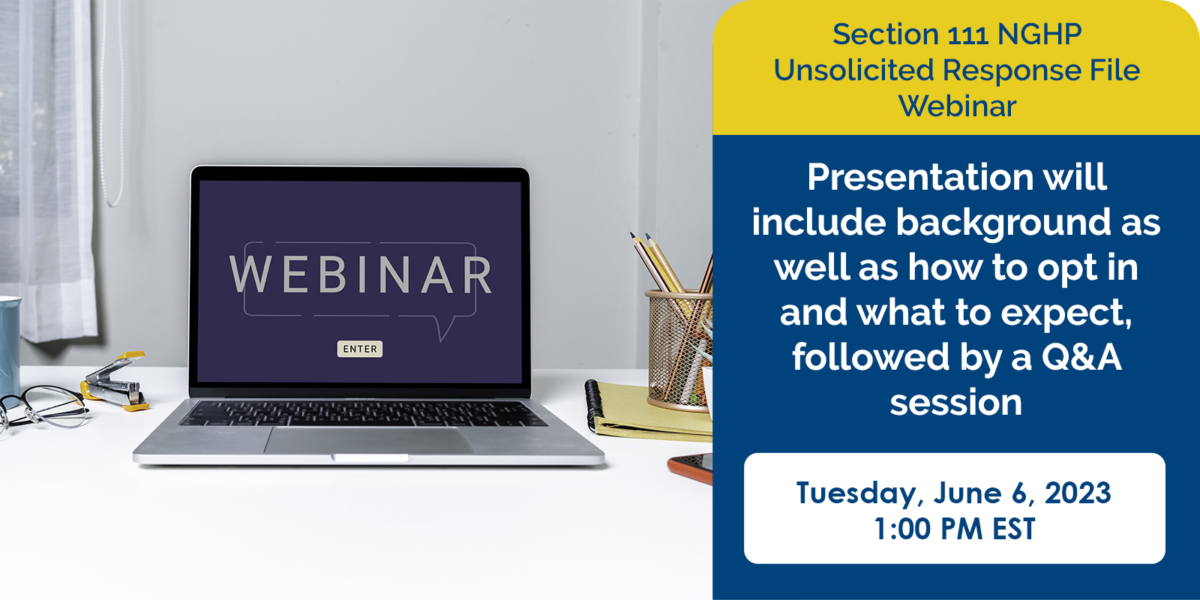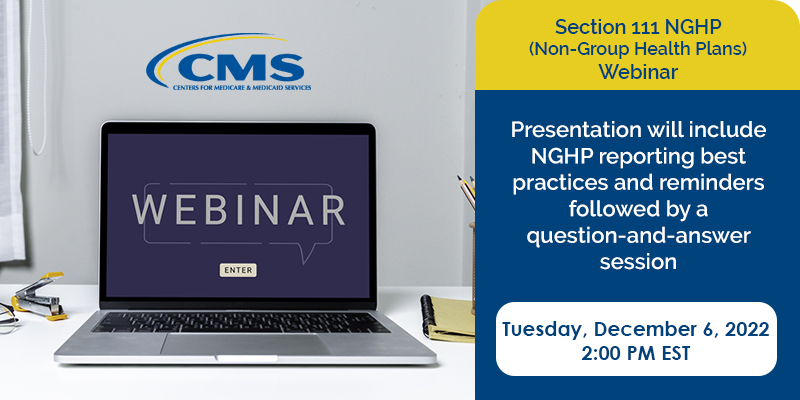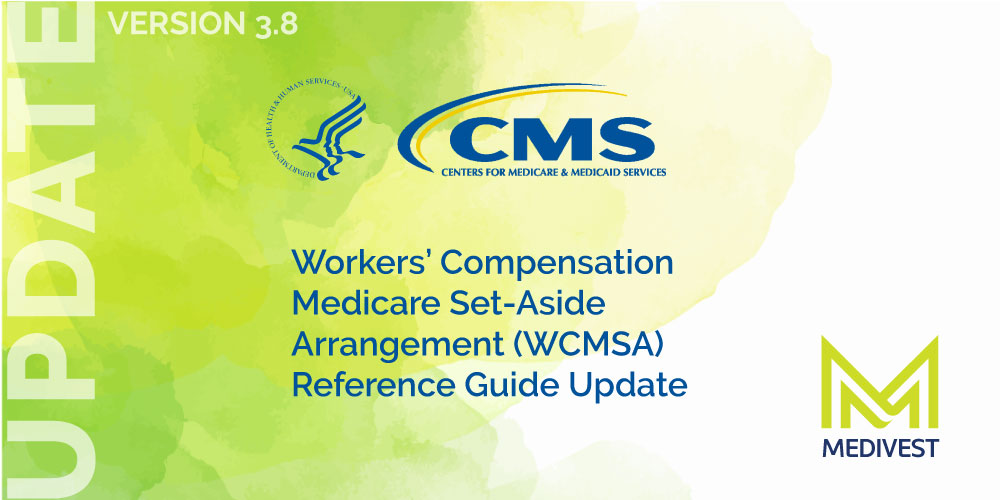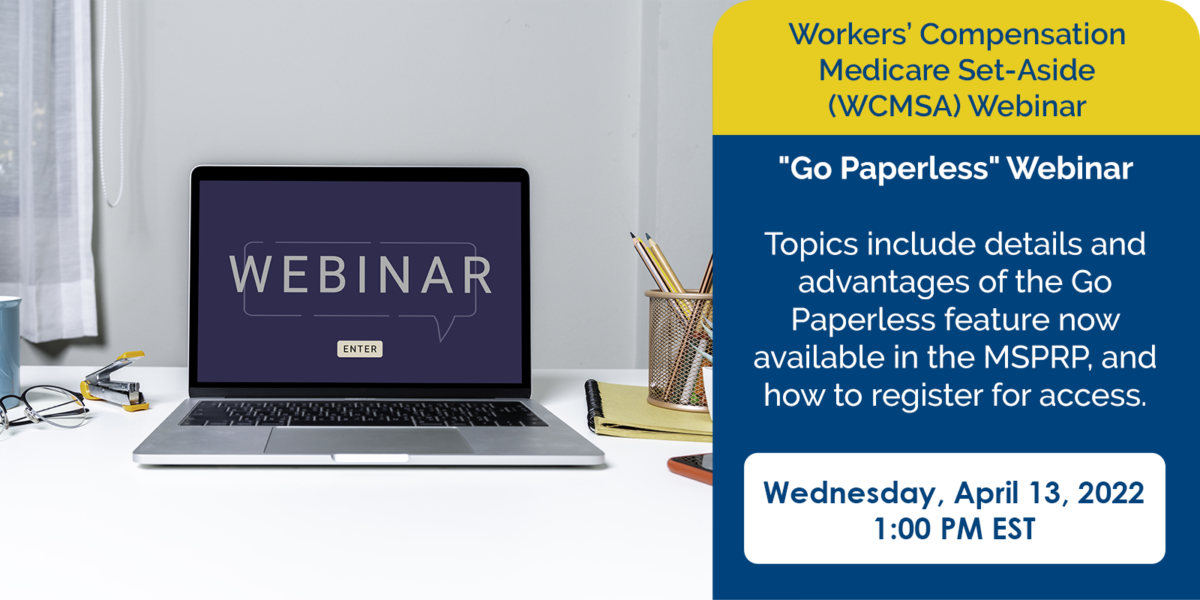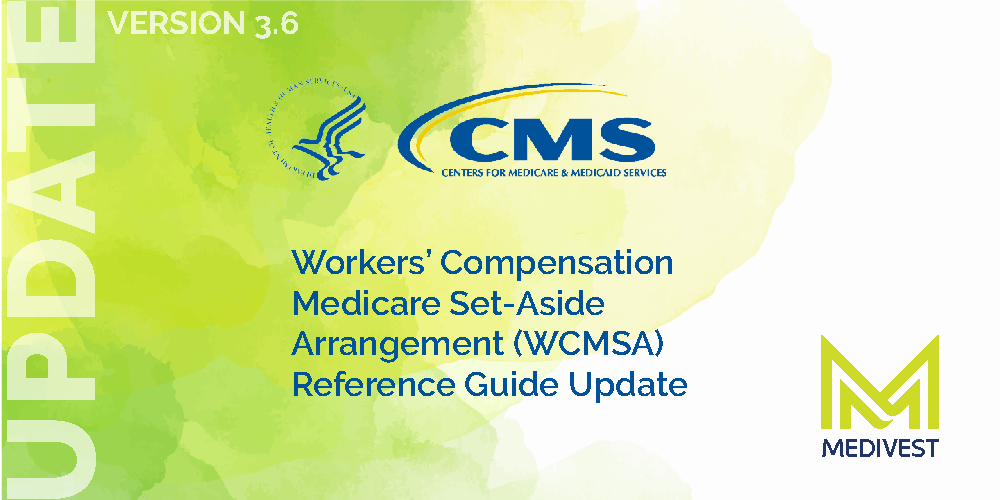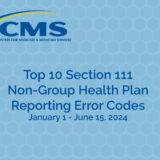When resolving a workers’ compensation case, the employer looks to see if the injured employee is a Medicare beneficiary and if there will be injury-related future medical care. If the answer to both questions is yes, then they must comply with the guidelines set forth by the Medicare Secondary Payer (MSP) statute.
With healthcare and Medicare costs on the rise and as the open claim moves through the settlement process, below are some settlement objectives to help keep costs down and stay MSP compliance.
- WCMSA Arrangement: Centers for Medicaid and Medicare Services (CMS) recommends this method to ensure that Medicare’s interests are protected when settling a workers’ compensation claim that includes future medical expenses. Note that the WCMSA Arrangements are prepared based on today’s costs.
- MSP Compliance: Employers are mandated to follow the MSP statute; it will ensure Medicare compliance when considering Medicare’s interest in the settlement. Failure to do so, you could face legal consequences from breaching the settlement agreement. CMS can also obtain reimbursement of injury related payments made from anyone involved in the settlement, including the worker, workplace, insurance companies and attorneys.
- Cost Control: Striving to move an open claim toward settlement in the least expensive manner.
- Future Medical Care: Employers can help prioritize the injured employee’s well-being for future medical care after settlement by hiring Medivest for Professional Administration services. Medivest Professional Administration ensures the Medicare Set-Aside (MSA) funds are spent according to the allowable guidelines whereby preserving the MSA dollars.
When to Request a WCMSA?
A WCMSA is a financial agreement that allocates a portion of a workers’ compensation settlement to pay for future medical services related to the workers’ compensation injury, illness, or disease that would normally be covered by Medicare. All parties involved in a workers’ compensation case have significant responsibilities under the MSP statute to protect Medicare’s interests when resolving cases that include future medical expenses.
- Does the settlement contemplate future medical needs?
- Is the injured employee eligible or receiving Medicare benefits?
- Has the injured employee applied or re-applied for Social Security Disability Insurance (SSDI)?
- Is the injured employee 62.5 years old?
Common WCMSA Cost Drivers
When a Medivest WCMSA Arrangement is ordered, a Cost Driver Analysis report will be included. A Cost Driver Analysis report identifies the various costs that are driving up the WCMSA amount, such as opioids, injections, and surgeries. Below are some common WCMSA cost drivers when a report is prepared.
- Poly Pharmacy: The use of multiple drugs and lifetime pharmacy costs.
- Implantable Devices: Devices such as spinal cord stimulators, intrathecal pain pumps which also includes replacement cost and mediation refills.
- Surgeries and Replacement Costs: Non planned surgeries.
WCMSA Cost Mitigation Strategies
When carriers and employers optimize cost mitigation strategies, they can achieve an accurate and timely settlement. The following are examples of helpful strategies.
- RX Drug Cost: Reducing prescription drug costs can be used as a pre-MSA strategy by weaning/tapering off some medications, choosing a generic substitution, or using a physician letter (to address changes in medications.
- Cost Drivers: Identify treatments or medications that are driving up the total amount of the WCMSA. Review and possibly implement the recommendations provided in the Cost Driver Analyst report to help reduce the WCMSA amount.
- Rated Age: If medical records show evidence of a reduced life expectancy, then a Rated Age may be obtained and used when calculating the WCMSA. CMS approves Rated Ages when used in WCMSAs which reduces the life expectancy thus reducing the overall amount of the WCMSA figure.
- Structured Settlement: Fund the MSA with a structured settlement instead of a lump sum. CMS approves MSAs to be structured and Medicare will cover expenses for the injured employee during temporary exhaustion if the MSA allocation was approved by CMS. Also, utilizing a structure can provide significant cost savings for the funding party compared to a lump sum payment.
Ready To Order Your WCMSA?
Begin by completing an online referral by clicking here and upload the following documents.
- Most recent 2 years of medical records
- Most recent 2 years of Rx invoice
- Most recent 2 years of indemnity payouts (Work Comp cases only)
About Medivest
Medivest has worked with carriers and employers for over 2 decades to understand their unique needs and responsibilities to their injured workers. Every WCMSA Arrangement is produced by a highly trained nurse that possesses a wealth of knowledge and experience in the preparation of these reports. We understand that creating and maintaining a WCMSA can be complex, let Medivest prepare your next report. Our nurses and staff hold industry certifications or designations including CMSP, CMSP-F, CPC, MSCC, CSSC, JD, RN, and BSN.




